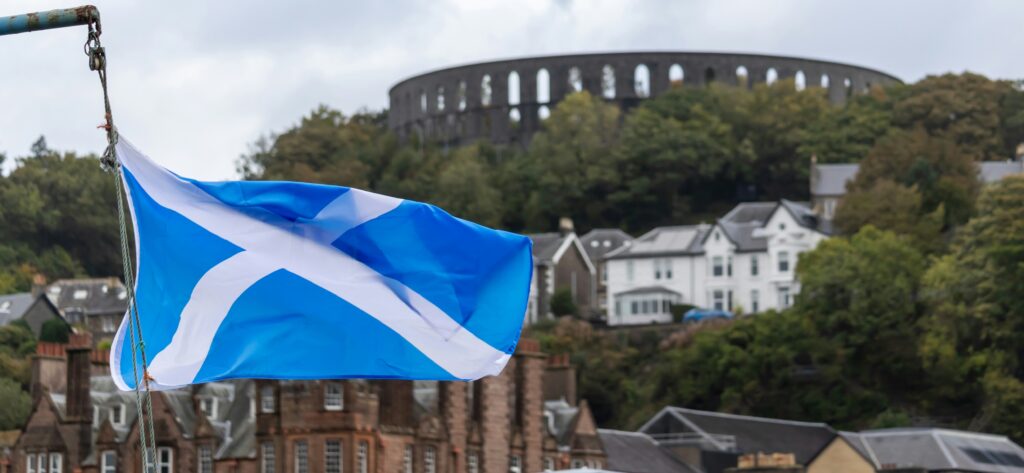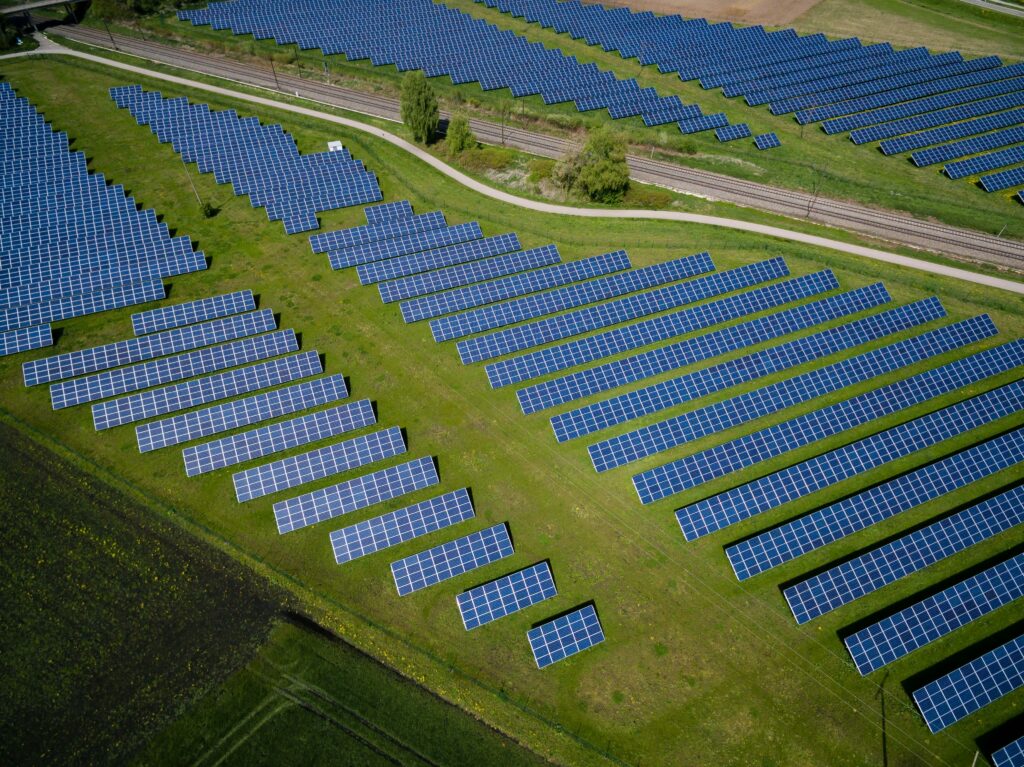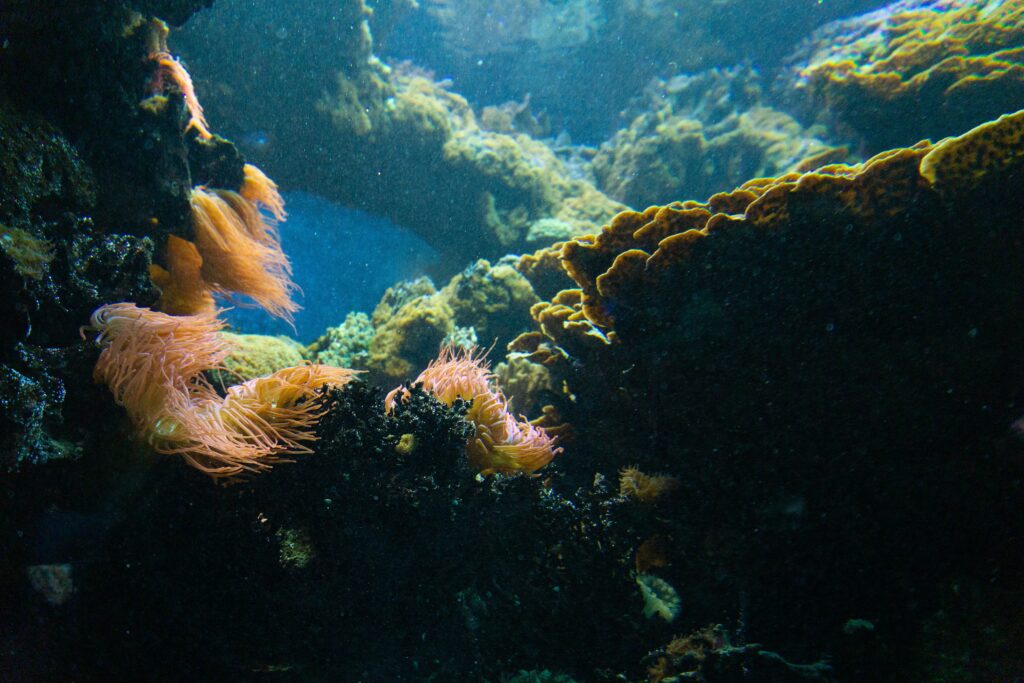The Paris 2024 Olympics set a new standard in sustainability, being recognised as the greenest Games in history. The event aimed to reduce its carbon footprint by half compared to London 2012 and Rio 2016, achieving significant progress across various areas.
Key initiatives included minimising new construction, with only two new venues built using low-carbon methods and recycled materials. Most events took place in existing stadiums, substantially lowering the environmental impact. The athletes’ village was a standout, featuring beds made from recycled cardboard and furniture crafted from repurposed materials, underscoring a commitment to a circular economy.
Sustainability was also central to the catering, with the Games doubling the availability of plant-based meals and sourcing 80% of ingredients from local agriculture. This shift not only reduced the carbon footprint associated with food transport but also promoted healthier and more sustainable eating practices. Notably, venues like Place de la Concorde served exclusively vegetarian options, highlighting the Games’ dedication to environmental responsibility.
Energy consumption was another focus, with venues connected to the public electricity grid, reducing reliance on diesel generators. A 60km cycling route linking all Olympic venues encouraged eco-friendly travel, further contributing to the event’s reduced carbon footprint.
Despite these successes, challenges remained. Rising temperatures necessitated temporary cooling units, and concerns about water pollution in the River Seine had to be addressed. Additionally, sponsors such as Coca-Cola faced criticism for their use of single-use plastics, illustrating the complexities of balancing sustainability with commercial interests.
In summary, Paris 2024 established a new benchmark for future Olympic Games, demonstrating that global events can prioritise sustainability while retaining their grandeur and impact. The lessons learned will influence the planning of future international events, fostering a more sustainable future.
See below BBC article: https://www.bbc.co.uk/sport/articles/cm52drr0lp1o




